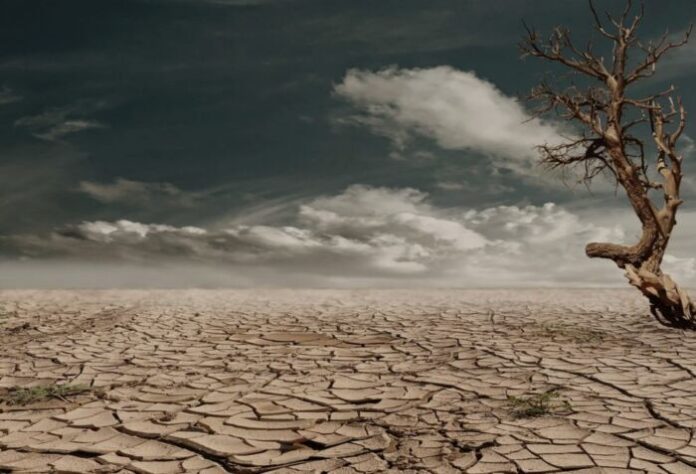
Climate change causes more victims then coronavirus. The warning, launched at a critical moment for Italy, comes from the UN Secretary General, Antonio Guterrez, and Petteri Taalas, Secretary General of the World Meteorological Organization on the occasion of the presentation of the report on the state of the climate. The two world leaders have said forcefully that although everyone’s attention is focused on the Covid-19 emergency right now, we must not stop fighting global warming.
The deadly dengue epidemic afflicting Colombia, Brazil, Mexico and Nicaragua, the 70% loss of crops in Central America, the floods in Argentina and Uruguay, the fires in Brazil, Bolivia and Venezuela, the unprecedented violent hurricanes in the Caribbean are just some of the demonstrations of the strength of climate change. In 2019, global warming had significant effects on the health, nutrition and habitat of millions of people, as well as endangering marine life and various ecosystems, with a consequent loss of biodiversity.
“Coronavirus is a disease that we hope will be temporary, with temporary impacts, but climate change has been present for many years, will continue for decades and require continuous action,” said Antonio Guterres.
The secretary also referred to the reduction of emissions in China and other countries including Italy following the epidemic and said that these temporary events cannot be overstated. “We will not fight climate change with a virus – he added – We cannot forget the fight against climate change and the other problems facing the world,” said the UN Secretary.
Petteri Taalas, the secretary general of the World Meteorological Organization, raised the dose: “What is happening with the coronavirus and the deaths are really worrying but climate change is much worse. The virus will have a short-term economic impact, but if we think about global warming, the losses will be enormous. We are talking about a larger problem, with consequences on people’s health and on our societies much more serious”.
The report confirms that 2019 was the second hottest year since 1850, that the years 2015-2019 are the five hottest years recorded and that the period 2010-2019 is the hottest decade ever recorded. Since the 1980s, each subsequent decade has been warmer than any previous decade since 1850.
2019 ended with a global average temperature of 1.1 ° C above the estimated pre-industrial levels, second only to the record set in 2016, when a very strong event in El Niño contributed to increasing the global average temperature, placing it at summit of the general trend of heating.
“We are currently unable to achieve the 1.5 ° C or 2 ° C targets required by the Paris Agreement,” United Nations Secretary-General Antonio Guterres said in the preface of the report. “This report collects the latest scientific information and indicates the urgency of far-reaching climate action. It brings together data from all fields of climate science and lists the potential future impacts of climate change – from the consequences on health and the economy to reducing food security and increasing migrants.
“As greenhouse gas levels continue to rise, warming will continue. A recent forecast indicates that a new annual global temperature record is likely in the next five years”, said Taalas.
“We have just spent the hottest January ever. Winter has been unusually mild in many parts of the northern hemisphere. Smoke and pollutants from fires in Australia have circumnavigated the globe, causing a spike in CO2 emissions. The record temperatures reported in Antarctica were accompanied by a large-scale melting of ice and a fracture of a glacier which will affect the sea level rise”, said the WMO representative.
And again: “Temperature is an indicator of ongoing climate change. Changes in the global distribution of rainfall have had a significant impact on several countries. Sea levels are rising at an increasing rate, largely due to the thermal expansion of seawater and the melting of the largest glaciers, such as in Greenland and Antarctica. This is exposing coastal areas and islands to a greater risk of flooding and flooding of low areas.”



































